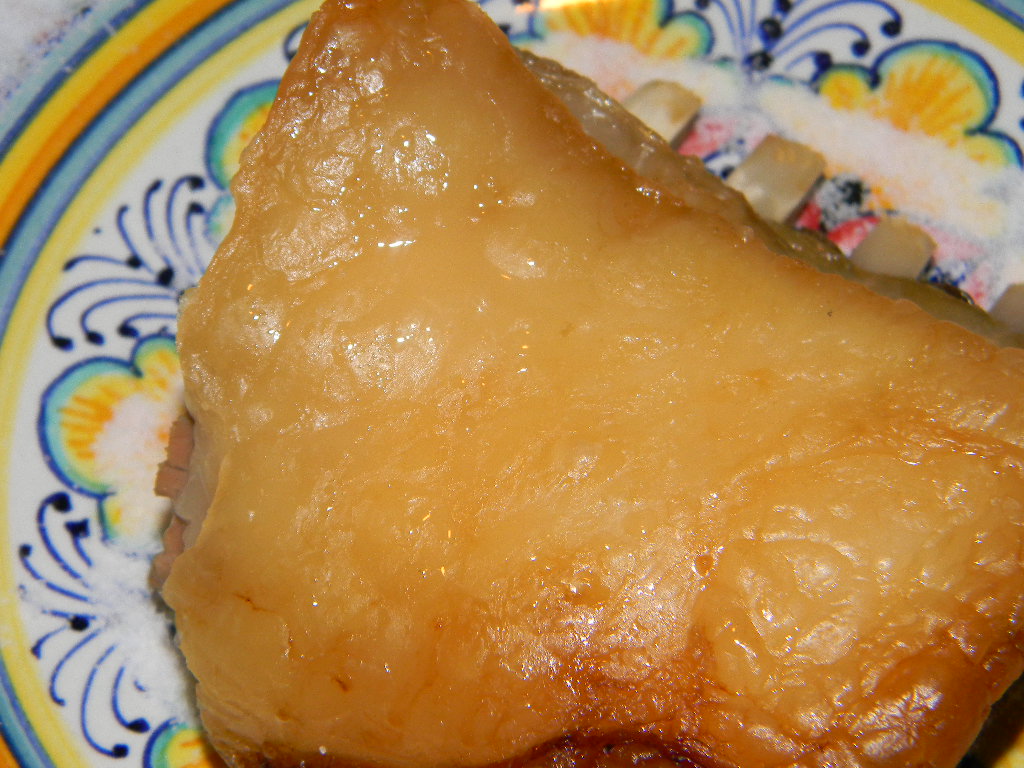I had recently increased my fat intake because I read that protein intake should only be 1g per kg body weight. However, after almost a month of 80% fat intake, 20% protein intake, I just can't tolerate it! My stools are not solid, and I'm clearly losing muscle too! I kind of feel like a wraith (from the Collins English Dictionary: "apparition of a living person appearing around the time of their death", "insubstantial copy of something", "pale, thin, lacking in substance).
I am realizing that 1g per kg body weight protein intake only applies in the realm of
some carbohydrate intake. In a zero carb diet, more protein intake is necessary to provide the equivalent of carbs for glucose!
Here's a quote from J. Stanton of gnolls.org to that exact effect:
http://www.gnolls.org/1763/why-humans-crave-fat/
J. StantonJune 2, 2011 at 3:03 pm
Guy:
Fat cannot be converted into glucose.
A small amount of glucose is released by burning triglycerides, which is how most of our fat is transported and stored, but it's not enough. In the absence of dietary carbohydrate, our liver covers our glucose needs by converting protein (i.e. amino acids) into glucose. This is why zero-carb or low-carb diets need to be higher in protein than moderate or high-carb diets.
Fat can't convert to anything but energy.
Glucose can be converted to fat (slowly, in limited amounts).
Protein can be converted to glucose (slowly, in limited amounts, though more quickly than glucose->fat).
Another thing I was thinking about after having studied some butchery books this past week, is how sustainable is it to remain in ketosis all the time? It doesn't seem there is all that much fat on beef carcasses? However, in the Pleistocene, our homo sapiens ancestors would have coexisted with different animals, such as woolly mammoth, woolly rhinoceros, auroch, and horse. Typically, really large fauna, such as the mammoth, would have had more body fat than modern animals. And it is clear from fossil records that homo sapiens focused on the fat as much as possible. Fat would also keep better than meat since saturated fat is very stable so they could have easily stored it.
Another item of note is that ancestral hunters would choose the fattest animals, at the fattest season. Gnolls.org had an interesting table showing the fat percentages of caribou throughout the year, showing that in October (the fattest season), body fat for the animals is 90%! Whereas in the lean season of April, fat is just 36%.
http://www.gnolls.org/715/when-the-conclusions-dont-match-the-data-even-loren-cordain-whiffs-it-sometimes-because-saturated-fat-is-most-definitely-paleo/
So all that information, plus the fact that ancestral homo sapiens would have been fasting quite a bit too, would lead me to believe that they probably
did maintain ketosis a large portion of their lives.
Now, to find a way to make it sustainable in the modern world! I've sourced some external beef fat, which should be arriving this next week. Hopefully eating external beef fat will allow me to drop dairy, since it causes problems for me. And I'm definitely going back to my previous 70-75% fat, 30-25% protein intake. That will make it easier too, since certain fatty beef cuts like short ribs have a perfect ratio as is and I won't need added fat.
For leaner meats, for my needs, I'll change back to roughly 80g meat per serving, 30g fat instead of 60g meat and 35-40g fat. That adds up to a total protein intake more around 80g per day instead of just 50g.
Being zero-carb, I need the protein!
 |
Bison tongue with sea salt flakes
|


Comments
Post a Comment